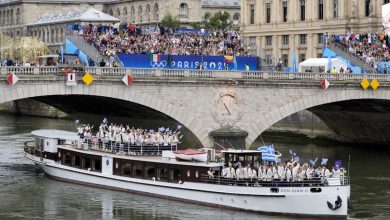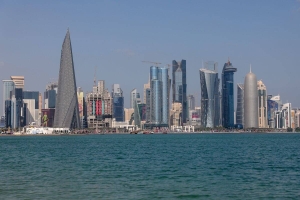Flourishing Russia ties help revive North Korea’s ‘paradise’ special economic zone
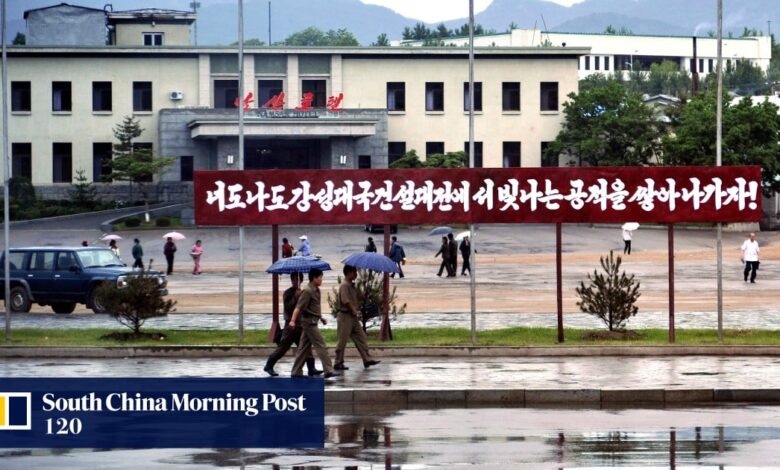
[ad_1]
Russia can also sell coal, oil, and flour through Rason, Jeong said, and if more North Korean workers are allowed to cross the border, they can send Russian medicine and other goods home for relatives to sell.
North Korea says cooperation with Russia ‘natural’, slams South’s ‘idiot’ Yoon
North Korea says cooperation with Russia ‘natural’, slams South’s ‘idiot’ Yoon
The Russian Federal Customs Service said it had “temporarily suspended the publication of foreign trade statistics”.
China accounted for 97 per cent of North Korea’s overall trade in 2022, according to South Korea’s Korea Trade Investment Promotion Agency.
Lee Chan-woo, a North Korea economy expert at Teikyo University in Tokyo, said Russian wood cut by North Korean loggers could be resold to China through Rason, a town of about 200,000 people.
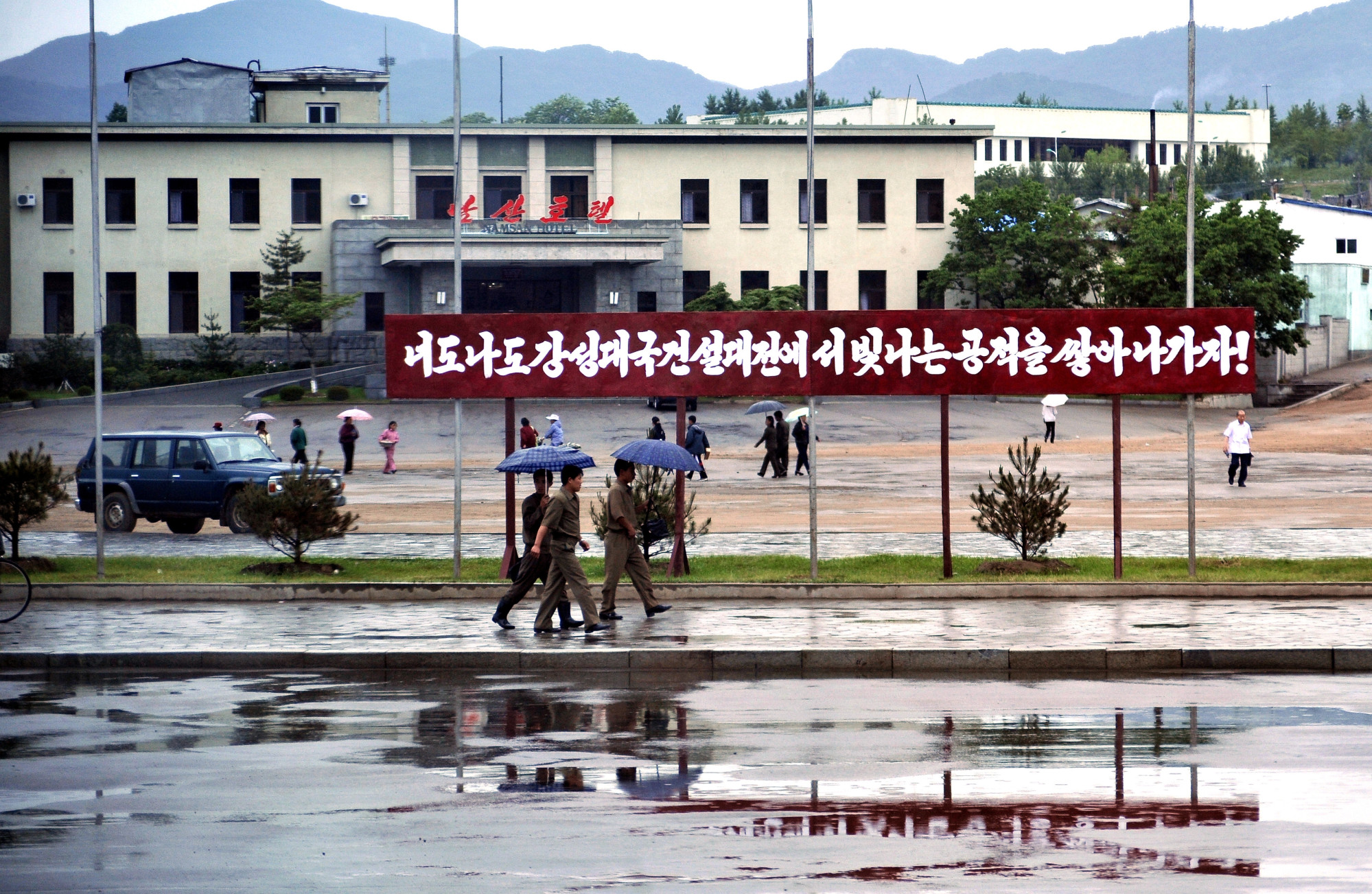
Cho Sung-chan of Hananuri, a South Korean non-profit organisation that has financed a food-processing factory in Rason, predicted Russian influence there would grow.
“Assuming North Korea and Russia’s honeymoon period becomes a long one, North Korea could get Russian support on food, energy and infrastructure through Rason,” Cho said.
The two countries discussed expanding trade and testing delivery of meat products next year, Russia’s natural resources minister Alexander Kozlov said on his Telegram channel after meeting with North Korean officials in Pyongyang in November.
Since August, Rason’s port has seen visits from Russian ships linked to that country’s military logistics system, according to US and South Korean officials and reports by Western researchers citing satellite imagery.
Rason took a harder hit than other places in North Korea … but as soon as the border fully reopens, North Koreans might think that the paradise can come back
Those ships are suspected to be transporting military supplies from North Korea to Russia, the reports said. The Kremlin has denied such shipments.
From Rason’s port, North Korea has sent Russia an estimated 2,000 containers suspected of carrying artillery shells, and possibly short-range missiles, South Korean military officials have told reporters.
Since late 2022, activity has been spotted around Rason’s Tumangang station, which has rail links to Russia, said Chung Songhak, a senior researcher at the Korea Institute for Security Strategy who analyses satellite imagery around Rason.
More train carriages were spotted after the Russian defence minister visited Pyongyang in July, Chung said, citing satellite imagery, adding that possible new cargo depots popped up in May.
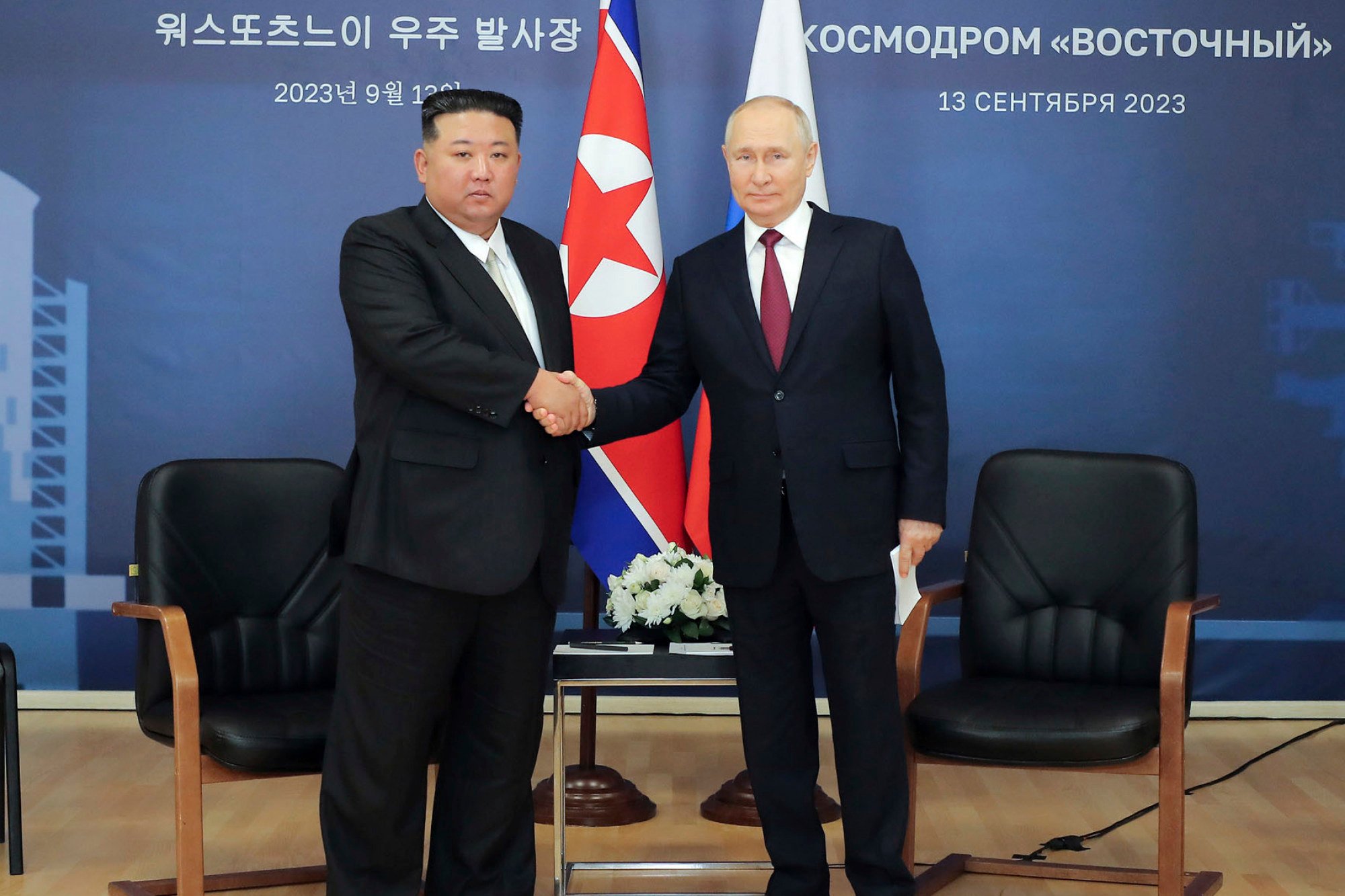
Since Kim’s grandfather Kim Il-sung designated Rason a special zone in 1991 after the Soviet Union’s collapse and as China opened further, North Korean officials have tried to attract investment there.
Rason, the oldest and largest of North Korea’s 29 economic development zones, has been central to the country’s push to attract foreign investment.
It has one of North Korea’s first and biggest markets, was the site of the country’s first mobile network, and is the only place where North Korea legalised buying and selling homes in 2018, according to experts and North Korea’s government publications.
Japan’s Zainichi and their ‘return to paradise’ that never was North Korea
Japan’s Zainichi and their ‘return to paradise’ that never was North Korea
The other zones have had poor results because of shaky infrastructure and international sanctions, according to South Korea’s National Institute for Unification Education.
Abraham Choi, a Korean-American pastor who works on religion exchanges with North Korea, said that when he last visited Rason in 2015, he saw both Chinese and Russian tourists.
South Korean media reports said that the Rason border with China had reopened in January and that trucks were trickling in. Choi said there were no signs yet of large groups of foreign tourists visiting Rason.
Lee of Teikyo University said that whichever outside country helped reinvigorate the special economic zone, it offered a potential bright spot for North Koreans after years of pandemic restrictions.
“Rason took a harder hit than other places in North Korea because it used to be on the front lines of the opening,” Lee said. “Now many businesses have collapsed there, but as soon as the border fully reopens, North Koreans might think that the paradise can come back.”
[ad_2]
Source link


